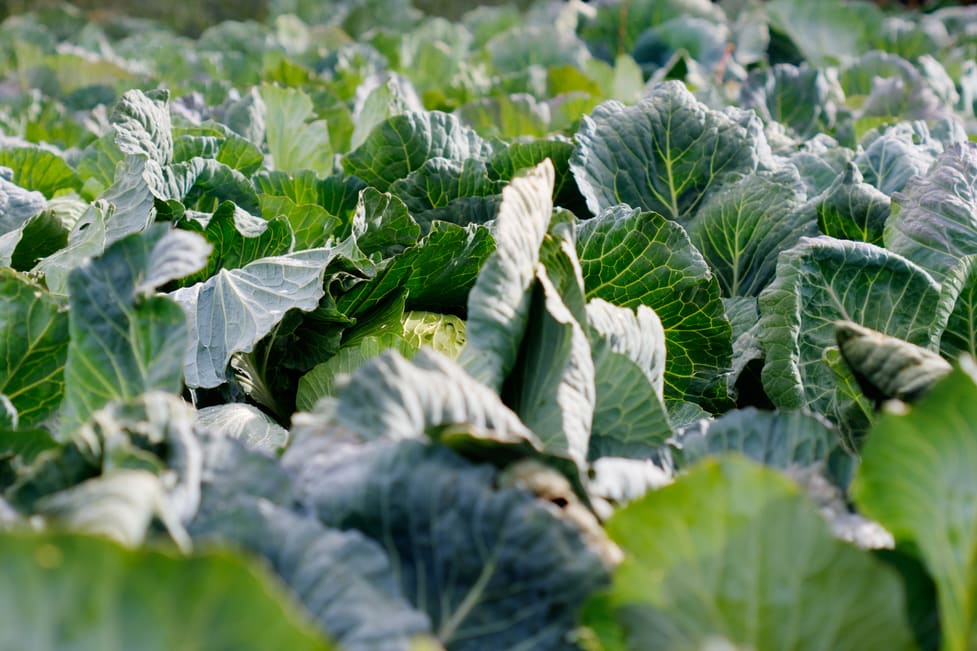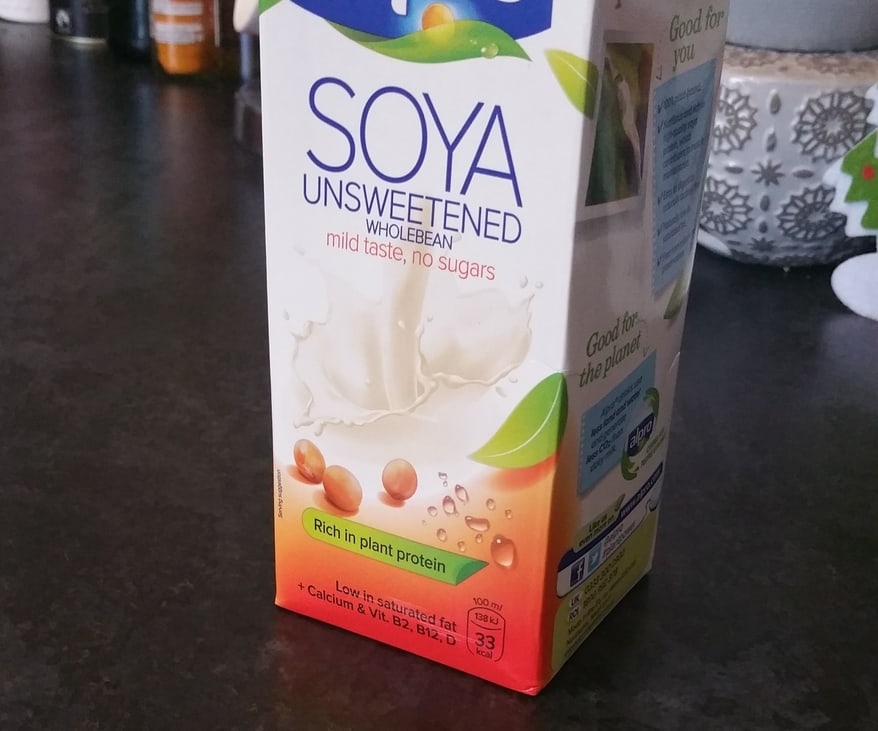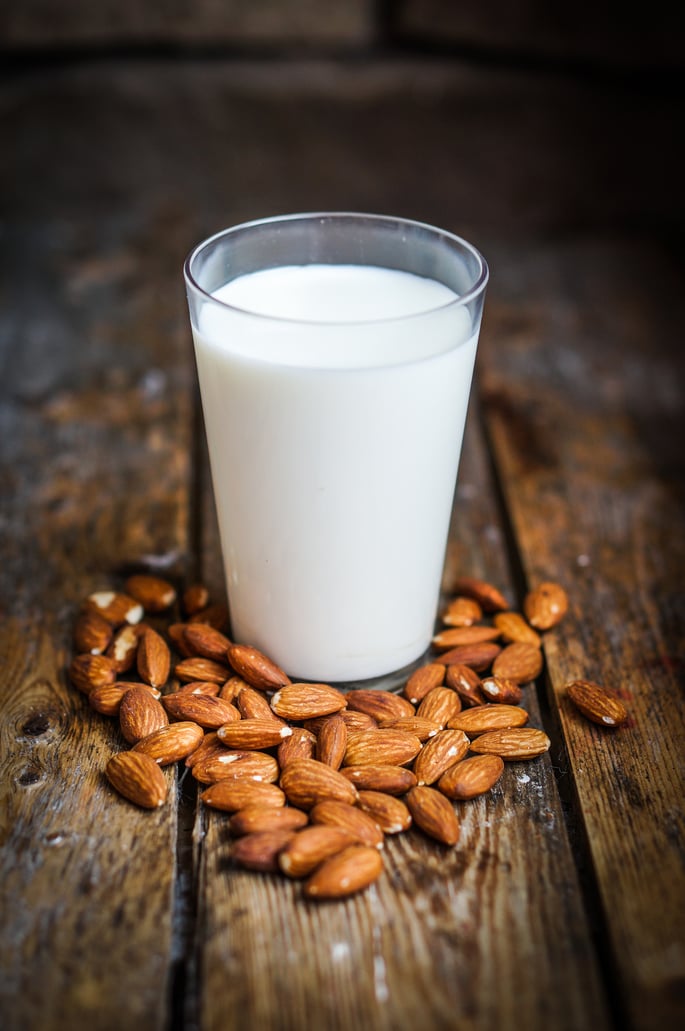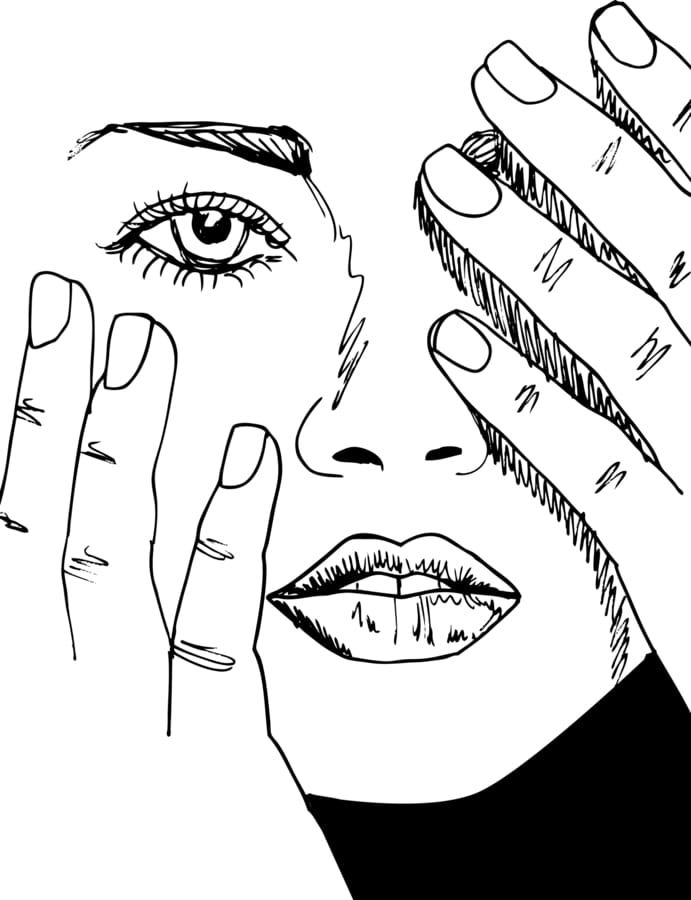Disclosure: This article may contain affiliate links. If you decide to make a purchase, I may make a small commission at no extra cost to you.
Caffeine consumption has been increasing over the past two decades with 96% of caffeine coming from coffee, soft drinks, and tea. And it’s one of the biggest reasons why some people struggle to get to sleep at night. So, what time should you stop drinking beverages high in caffeine during the day?
According to many doctors and researchers involved in sleep research, you should stop consuming drinks which have caffeine by 2 pm!
After learning this, I’ve stopped drinking anything with caffeine after 4 pm. I tend to naturally sleep a little later than most people, and wake up later. Instead of drinking tea or coffee, maybe you might want to try out herbal teas for sleep and relaxation.
Caffeine is a sleep-disrupter
By now it’s common knowledge that caffeine has stimulatory effects on the nervous system and too much of it can leave you all anxious and jittery. But what is not so commonly known is that caffeine stays in the body for hours after you ingest it.
The half-life of caffeine is approximately 5-6 hours for an adult. And due to medications and other factors, this time may either increase significantly or decrease.
Research has shown that even if you were to drink your last cup of coffee or tea six hours before you go to bed, it will significantly alter the depth and quality of the sleep you get.
So if you’re waking up tired in the morning, even though you think you’ve slept enough hours, it could be the caffeine that you’re drinking during the day which is throwing things off for you.
In a study involving 12 adult men and women, they found some very interesting things.
- Subjects who were given caffeine pills either right before bed, 3 hours or 6 hours before bedtime, experienced less total sleep time (1 hour) compared to the placebo.
- Caffeine consumed before bed, 3 hours or 6 hours before had much more time spent awake.
- One of the most interesting results of the study was that even though patients reported no negative effects from drinking caffeine 6 hours prior to bedtime, sleep monitors showed they had less efficient sleep than those who weren’t given caffeine.
So the main take away from the study is that even if you think you’re getting enough sleep, and even if you think caffeine is not affecting you negatively, you might not be in the best position to judge the quality of your sleep.
In another study looking at the effect of caffeine on daytime recovery sleep, researchers looked at sleep in young adults between 20-30 year old, and middle-aged subjects who were between 45-60 years old.
The study was a double-blind cross-over design, which was spaced one month apart. Both groups participated in taking the caffeine pill (200 mg).
As expected, older adults were more susceptible to the negative effects of caffeine than young adults. They reported decreased sleep efficiency, sleep duration, slow-wave sleep, and REM sleep.
There was also a significant effect on N-REM sleep EEG synchronization, measured by reduced delta, theta, and alpha power. And great beta power.
The authors of the paper advised that high intake of caffeine in elderly populations especially might be a big factor in sleep disturbances and disruption of the sleep-wake cycle and circadian rhythm.
Fragmented sleep put people at an increased risk of depression, anxiety, cancer, heart disease, and earlier death.
How does caffeine negatively affect your mind and body?
First of all, let me be clear. I’m not in the camp that says caffeine is completely bad and never to touch it. I think that caffeine in moderation and at the right times can have positive impacts on health and well-being, but it’s very important that you start tapering off the amount you drink during the day.
Main effects of high levels of caffeine intake (500-600 mg per day).
- Insomnia
- Restlessness
- Irritability
- Rapid heartbeat (tachycardia)
- Muscle tremors and twitching
- Anxiety and nervousness
Infants and children have a more difficult time removing caffeine from the body and are at greater risk of the negative side effects of caffeine. Women who are pregnant should also reduce the amount of caffeine they get each day.
Try cutting it out and see what happens
If you’ve ever tried to stop drinking coffee or tea, you’ll probably have experienced the consequences of withdrawal symptoms like a headache, fatigue nausea and even depression!
I’ve personally cut out caffeine multiple times and the main symptom I developed was a headache. Even if I moved, my head would be hurting so bad.
Have you tried to cut out caffeine? What were the main effects your saw? Did you feel better or worse?
If you don’t think you can manage without a hot drink later at night, you could try green tea, which has far less caffeine than coffee. It also contains an amino acid called L-theanine which helps promote sleep.
Caffeine in beverages
- Generic Black Tea – 19 mg (1 min brew), 28 mg (3 min brew), 31 mg (5 min brew)
- Generic Green Tea – 9 mg (1 min brew), 18 mg (3 min brew), 21 mg (5 min brew)
- Generic Oolong Tea – 9 mg (1 min brew), 20 mg (3 min brew) 27 mg (5 min brew)
- Brewed Coffee – 8 0z coffee has between 70-140 mg of caffeine
- Espresso – 30 to 50 ml has around 63 mg of caffeine
- Instant Coffee – Between 30 – 90 mg of caffeine
- Decaf Coffee – Between 0 – 7 mg of caffeine







